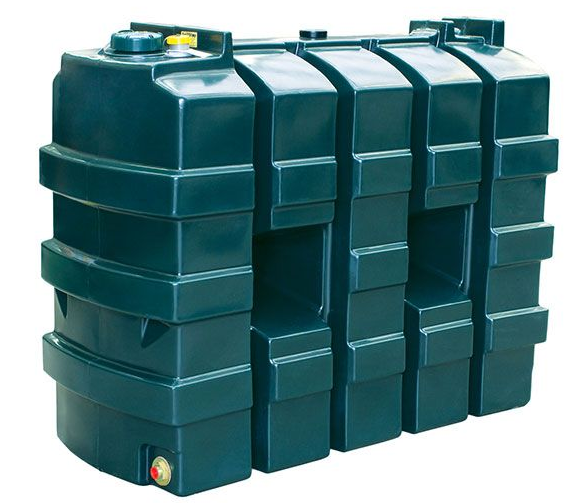Running out of heating oil can be inconvenient at the best of times. We receive calls each day from people who have unexpectedly run out of heating oil.
Not only Is it an inconvenience, but letting your tank run dry can also cause problems with your heating system and stove appliances. We want to help you avoid unexpectedly running low of heating oil. To do this it’s important to have a better understanding of when you should fill your tank and the factors affecting this.
FACTORS THAT AFFECT HOW FREQUENTLY YOU MUST FILL YOUR TANK
If you are new to heating oil, chances are you have no idea how often you will need to fill up your tank. Unfortunately, it is difficult to say as every household is different.
It is estimated that the average household will use around 2000 litres of heating oil each year. However, this is only an estimate and can change due to many different factors.
One of the best ways to find out how much you use is to track your usage for a year and this will help you plan deliveries and a budget for the following year. You should also consider the below factors which will affect your usage.
Size Of Oil Tank
Time Of Year/Weather
Size of family and behaviours
Efficiency of boiler
Home insulation
SIZE OF HEATING OIL TANK
The size of your heating oil tank determines how much heating oil you can receive at each delivery. Most oil tanks range from 1000-2500 litres and oil suppliers usually have a minimum delivery of 500 litres.
If you haven’t done so, we recommend checking the size of your tank. This will help you figure out if you are likely to need multiple deliveries per year and how much you can receive each time.
TIME OF YEAR/WEATHER
Oil consumption usually increases per household during the winter months and decreases when the temperature increases during summertime. On the other hand, you may have households that go through roughly the same amount throughout the year.
This is dependent on the other factors mentioned but it is good to bear in mind that your oil levels may drop considerably during these months. To ensure you don’t run out, keep a closer eye on oil levels especially if you have a smaller tank.
BEHAVIOUR OF HOUSEHOLD
The reason that it is hard to say exactly how much heating oil a household will use is due to different behaviours. Some may stick on an extra layer when feeling cold and others may crank the heating fully. Some things to consider include:
How often do you have the heating on
Size Of House
Number of occupants
temperature your heating is set at
How many showers/baths your household takes
It’s good practice to keep an eye on household behaviours throughout the year and how this affects oil usage.
BOILER EFFICIENCY
Oil is an efficient fuel as you get a good return on every unit of energy however, If you are using an old inefficient boiler you may go through a lot more oil than necessary.
Just as you would with a car, it is important to have your boiler serviced annually. Regular servicing keeps it running safely and smoothly. This should be carried out by a registered OFTEC engineer who will check if any parts are needing to be replaced and that it has the correct mixture of air and fuel.
HOME INSULATION
One of the main reasons homes are losing heat to their domestic heating oil is through lack of or bad quality insulation. Insulation is recommended to enhance thermal performance and can reduce the cost of your heating bills. A well-insulated house, with double glazing windows and other energy-saving features, will go through a lot less oil than one without.
HOW DO YOU KNOW WHEN TO FILL UP YOUR TANK?
Running out of oil is one thing, but even letting your oil levels run low can cause problems. Dirt and sludge that can be situated at the bottom of your tank can be pulled through oil lines and filters and cause problems with your boiler
The exact level of when to fill your tank up depends on the size of your oil tank. We recommend that you phone for a top-up when your tank reaches around a quarter full. This way you will avoid running out and your boiler will be safe.




















